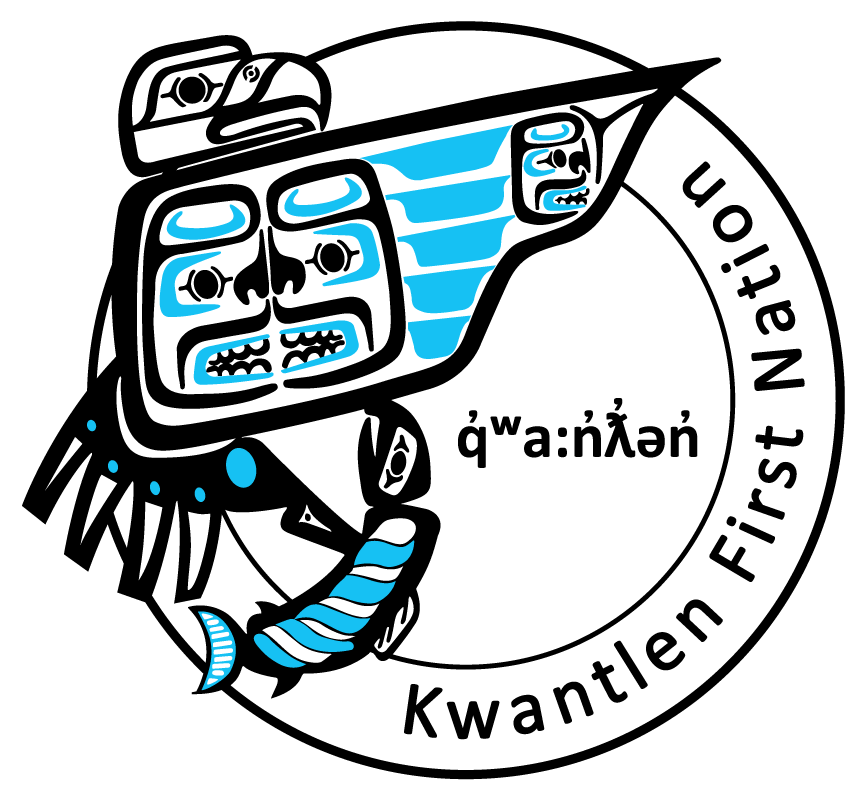Government Documents Show Discrepancy With Affidavits of Kwantlen Leaders
Newly released federal documents raise questions about the timing of council appointments in Kwantlen First Nation. The records, obtained through the Access to Information and Privacy (ATIP) process, differ from what Kwantlen Chief Marilyn Gabriel and Councillor Tumia Knott stated in their sworn affidavits to Federal Court.
Marilyn Gabriel and Tumia Knott Affidavits & Newly-released ATIP Documents (view full size at bottom of this page)
In October 1993, Kwantlen members held a community meeting where they voted for leadership. Marilyn Gabriel was chosen as chief, and Tumia Knott and Les Antone were selected as councillors. Soon after, on November 19, 1993, Indigenous and Northern Affairs Canada wrote to Chief Gabriel asking for the names of the new councillors. On November 30, Chief Gabriel replied, naming Ms. Knott (then Gludo) and describing the changes as “recent.” The ATIP package also includes correspondence from Ms. Knott confirming her 1993 entry onto Council.
In contrast, both Ms. Gabriel and Ms. Knott state in their Federal Court affidavits that Ms. Knott’s appointment happened months later, in early 1994, and not as a result of the 1993 meeting.
Key documents
Her affidavits: Ms. Knott states she was appointed in early 1994 by Chief Gabriel, not as a result of the 1993 community vote.
ATIP records: Federal correspondence and Ms. Knott’s own letter confirm her entry onto Council in late 1993, closely tied to the October vote.
Why this matters
The records and Ms. Knott’s affidavits tell two different stories:
If councillors took office through the 1993 community vote, it shows Kwantlen’s customary law allowed members to organize their own elections — setting a precedent for democratic participation.
If, as Ms. Knott’s affidavits state, councillors were appointed only in 1994 by the hereditary chief, it supports the view that the 1993 vote had no effect, and that only the chief has the authority to decide who sits on council.
In short: This discrepancy is not just about dates. It goes to the heart of the dispute over Kwantlen’s governance — whether member-led elections are valid under Kwantlen law, and whether the 2022 community vote to replace the chief should be recognized as legitimate.
Background
Kwantlen First Nation, located in Metro Vancouver, has 422 members and is governed under unwritten Coast Salish customary law. Governance disputes have grown since 2019, leading to a November 2022 community vote to remove the chief and elect a three-member council tasked with drafting a new governance code.
That 2022 vote was deliberately structured to mirror the 1993 process. Both votes were organized by band members, not by the chief and council. The legitimacy of the 2022 vote therefore depends on whether the 1993 election is recognized under Kwantlen’s customary law. If it is, the 2022 vote may be seen as a lawful continuation of community practice.
The Federal Court heard the case in January 2024, and a ruling is expected soon.











